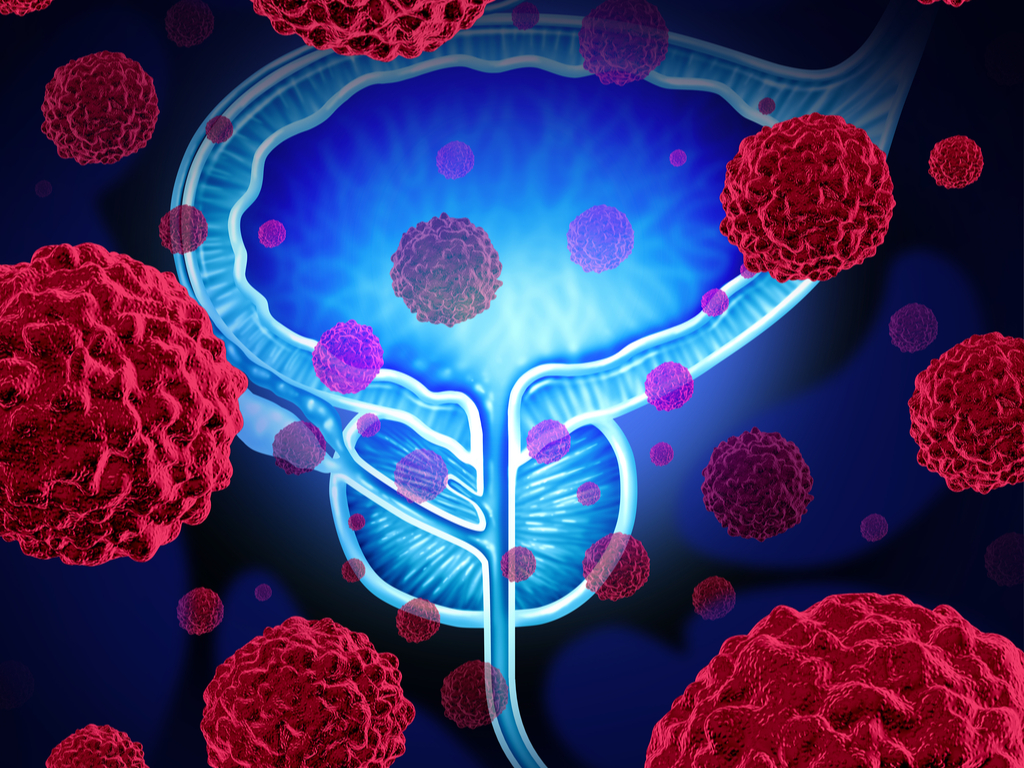
Researchers at the University of Oulu in Finland have discovered novel genes and mechanisms that can explain how a genomic variant in a single nucleotide polymorphism (SNP) rs11672691 influences prostate cancer aggressiveness. Their findings also suggest ways to improve risk stratification and clinical treatment for advanced prostate cancer. The study is published in the journal Cell.
Three billion base pairs in the human genome are nearly identical between any two individuals. Nevertheless, genome sequence variation such as single nucleotide polymorphism does occur in the population, and may have profound effects on an individual’s risk of developing various diseases, including prostate cancer. “How human genomic variants cause disease and its progression is in general one of the most compelling puzzles and questions in medicine,” says Academy Research Fellow Gong-Hong Wei at Biocenter Oulu in the University of Oulu.
Novel genes and fundamental mechanisms
The single nucleotide polymorphism (SNP) rs11672691 at the region of chromosome 19q13 has been found associated with aggressive prostate cancer, but how this genomic variant accounts for this association had not yet been uncovered. Using genetic, genomic, molecular and bioinformatic analysis, Gong-Hong Wei and his multinational collaborators confirmed the association in a large cohort of prostate cancer patients, and discovered an oncogenic regulatory circuit among several novel genes, HOXA2, CEACAM21 and PCAT19 that may have the potential to cause prostate cancer progression to incurable stage.
“In particular, we find that the risk G, guanine allele of rs11672691 is associated with elevated expression of PCAT19 and CEACAM21, as well as poor prognosis in prostate cancer patients. Rs11672691 G allele enhances chromatin binding of HOXA2, a novel oncogenic transcription factor with prognostic potential in prostate cancer, and a transcriptional regulator of CEACAM21 and PCAT19. The latter is a long noncoding RNA gene”, says senior author Gong-Hong Wei. “Landmark analysis using CRISPR-Cas9 genome editing tool reveals that rs11672691 genotype can directly influence the expression of PCAT19 and CEACAM21, and the phenotype of prostate cancer cells,” said Ping Gao and Ji-Han Xia, two co-first authors of the study.
Opportunity to improve clinical treatment
Prostate cancer is the second most common cancer and the fifth leading cause of cancer-related death in men, with more than 1.1 million new cases diagnosed and 300,000 deaths annually worldwide. In Finland, nearly 5000 new cases were diagnosed every year. Because of this, an important public health goal would be to improve treatment for right patient at right time.
“This work shows that combined analyses of rs11672691 genotype and PCAT19 or CEACAM21 expression improve prediction of prostate cancer prognosis and progression, which may in particular prove useful,” Dr. Wei says. “We think the findings may be repurposed to stratify prostate cancer patients for personalized treatment and care. Novel genes and mechanisms uncovered also open the door to developing precision medicine for advanced prostate cancer. But how this gene regulatory circuit accounts for pathogenesis and progression of prostate cancer warrants further investigation,” Dr. Wei added.




